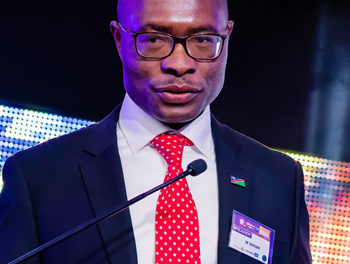
Sub-Saharan African growth expected

Director of the IMF’s African Desk, Antoinette Sayeh
She said,“The region will continue being one of the fastest growing in the world, second only to emerging and developing Asia.”
Sub-Saharan Africa’s eight oil exporters have been hard hit by the price decline with average growth in 2015 expected to be about one and one quarter percentage points lower than in 2014 in response to this shock.
Sayeh is however of the opinion that growth prospects remain favourable for non oil producing African countries. “For most of the rest of the region, growth prospects remain favourable. “These countries are enjoying the benefits of lower oil import bills, although some are also feeling the impact of lower prices for their non-oil commodity exports. Growth is projected to be particularly strong in most low-income and more fragile countries, and this will help to reduce poverty levels.”
“While the baseline scenario is for solid growth, policy makers need to remain mindful of risks that could still cloud the outlook. In particular, global financial conditions are tightening just as the region’s frontier markets are increasingly relying on Eurobonds to finance their large investment needs. The deteriorating security situation in some areas could also strain budgets and have an adverse impact on the near-term growth outlook, especially in the agricultural sector, while weakening prospects for foreign direct investment,” added Sayeh.
Frontier markets must remain vigilant to avert the risk of disorderly capital movements, especially in response to changes by the Federal Reserve Bank’s monetary policy stance. Said Sayeh, “Countries should take advantage of lower oil prices to eliminate fuel subsidies and put in place flexible energy pricing mechanisms while ensuring that social protections are in place for the most vulnerable. Not only would that promote efficient energy use, but it would also make room to scale up education and infrastructure spending.”












































